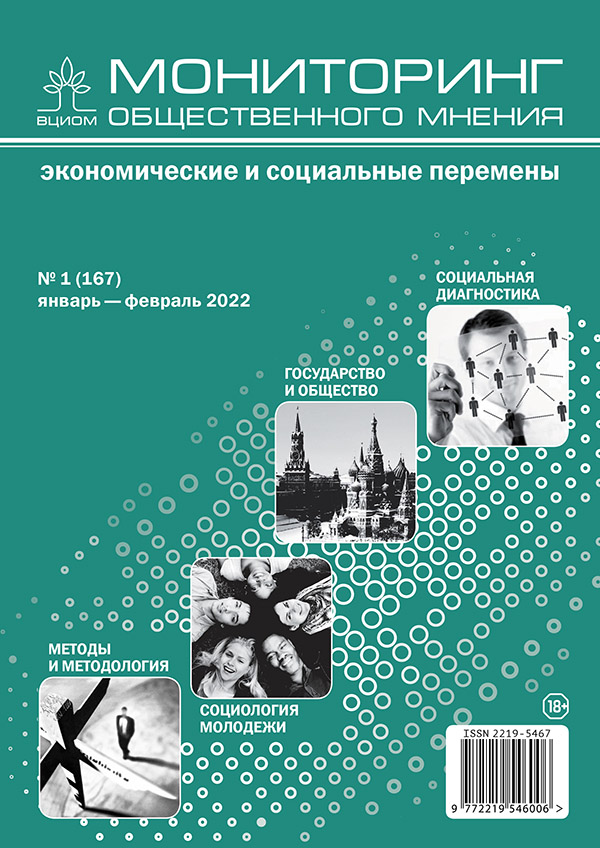Denomination, Religiosity and Anti-Immigrant Attitudes in Europe: Evidence from the European Social Survey
DOI:
https://doi.org/10.14515/monitoring.2022.1.1861Keywords:
immigration, anti-immigrant attitudes, religiosity, social identity theory, religious compassion theory, European Union, European Social Survey, multilevel regression modelingAbstract
This paper examines links between individual religiosity (defined both as denomination and subjective religiosity) and attitudes toward immigrants of various religious backgrounds among Europeans. These links are being analyzed through the lenses of social identity theory and religious compassion theory. Social identity theory claims that individuals tend to find a source of positive self-identification in their in-group. Therefore, they perceive the “otherness” (for instance, membership in a religious out-group, e.g., Muslims in European countries) as a symbolic threat to their identity. According to the religious compassion theory, the more religious individuals are, the more they are committed to such values as compassion and care for those facing hardships, which makes them more sympathetic to such a vulnerable group as immigrants. At the same time, the level of such solidarity is directly related to the perceived “closeness” of a particular immigrant group in terms of its religion. Using the data from the 7th wave of the European Social Survey (ESS) on 20 European countries (fieldwork was conducted in 2014–2015, coinciding with the onset of the European migrant crisis), two multilevel regression models are fitted, with the hostility to Muslim immigrants and the importance of Christian background of immigrants as dependent variables. The results show that Christians (both Catholics and Protestants) and more religious people tend to prefer immigrants of Christian background, compared to the individuals who do not belong to any denomination and non-religious individuals respectively. However, the attitude towards Muslim immigrants is related neither to denomination nor to individual religiosity. It means that in the European context, both the religious social identity theory and the religious compassion theory are only partly supported.
Downloads
Published
How to Cite
Issue
Section
License
Copyright (c) 2022 Monitoring of Public Opinion: Economic and Social Changes Journal (Public Opinion Monitoring) ISSN 2219-5467

This work is licensed under a Creative Commons Attribution-NonCommercial-ShareAlike 4.0 International License.






